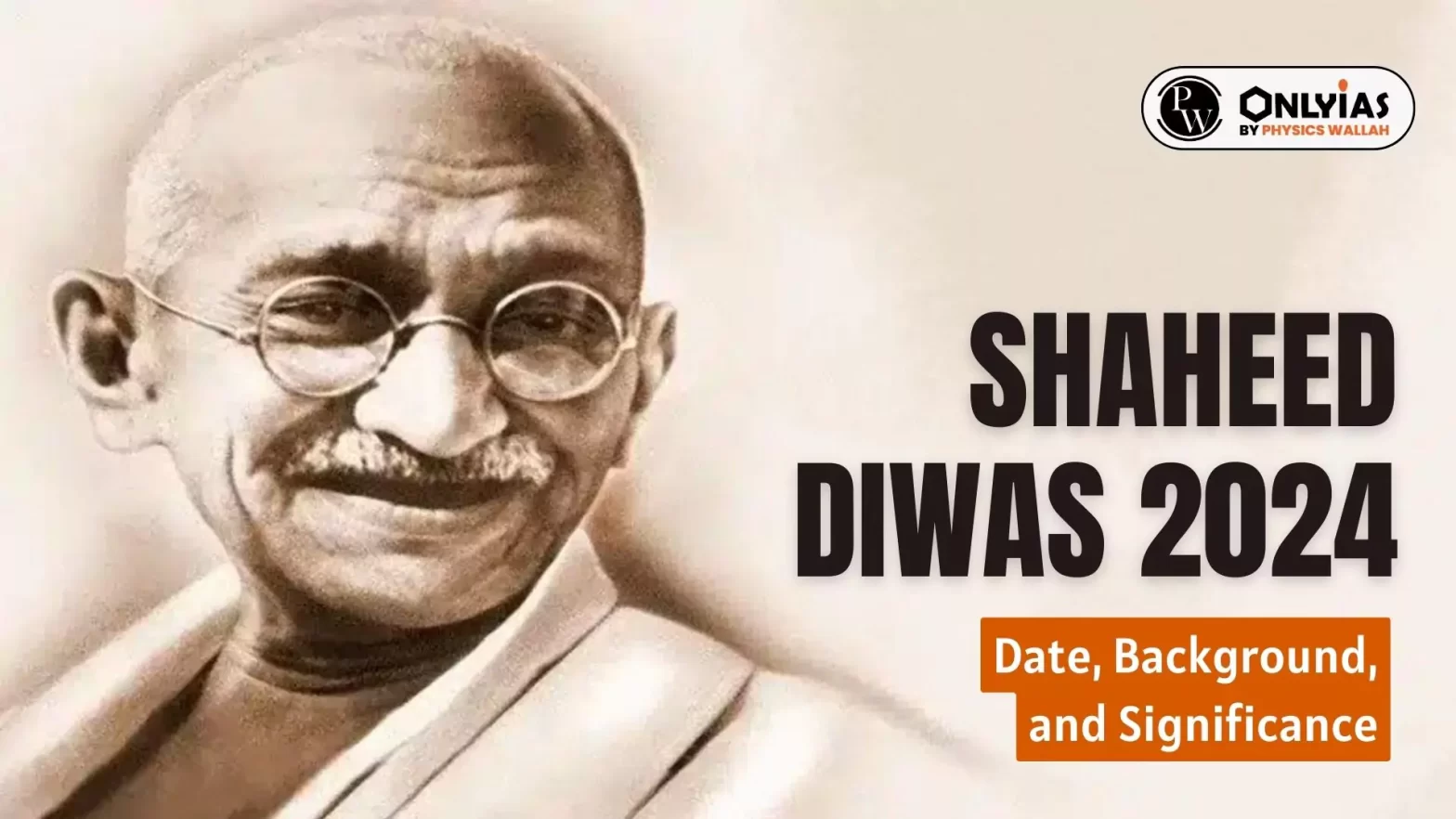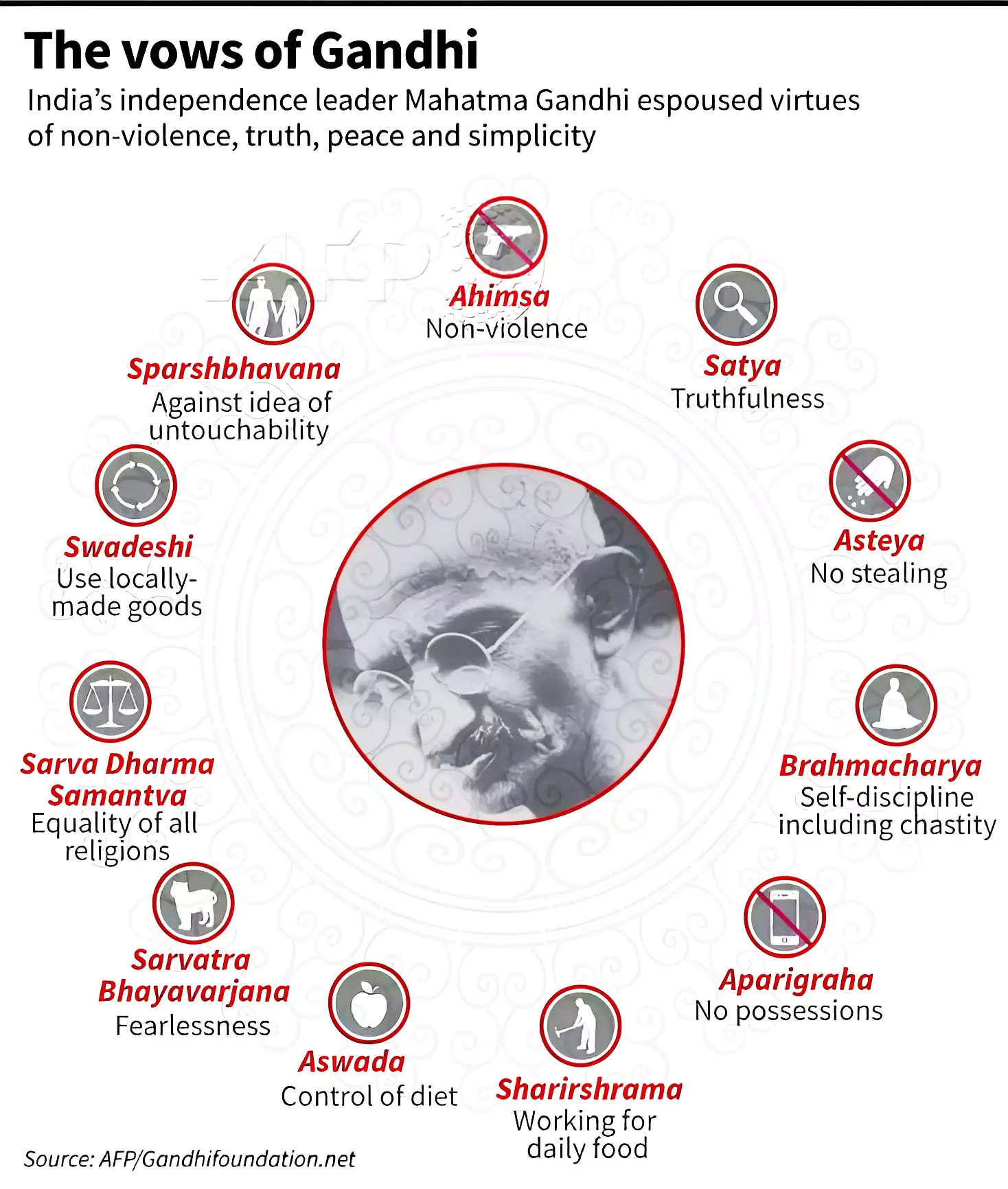Shaheed Diwas or Martyr’s Day is observed every year on January 30 to honour recognised martyrs of the nation.

Shaheed Diwas or Martyr’s Day is observed every year on January 30 to honour recognised martyrs of the nation.

| 15 February |
|
| 23 March |
|
| 19 May |
|
| 21 October |
|
| 17 November |
|
| 19 November |
|
| 24 November |
|
Martyrs Day not only pays tribute to all the freedom fighters who sacrificed their lives for the nation, but also remembers Gandhiji’s contributions and teachings.
Martyr’s Day is Observed every year on January 30 to honour recognised martyrs of the nation.
January 30 is the death anniversary of Father of the Nation, Gandhiji. It was on this day in 1948 that Gandhiji was assassinated in New Delhi at the age of 78.
Gandhiji was assassinated by Nathuram Godse, a believer in right-wing ideology.
Gandhiji was staying in New Delhi’s Birla House when he was shot by Nathuram Godse.
Nathuram Godse believed that Gandhiji was too accommodative of demands of Pakistan, especially when India-Pakistan were involved in a war. He believed that Gandhiji could negatively hamper independent India’s decisions, and was needed to be neutralised.
<div class="new-fform">
</div>
